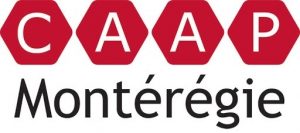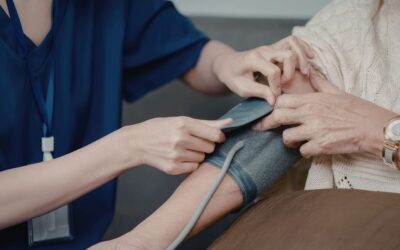Demystifying the rights of residential seniors
About home support services
Published on June1, 2023 by Andrée Rochon. Journal Le Canada Français, page B-6.
Quebec seniors can take advantage of a number of tax measures to help alleviate the cost of services that help them remain in their own homes. Some organizations, CLSCs and private residences for the elderly (RPAs) offer help directly to the individual in a variety of ways.
The Quebec government offers a home-support credit to help people aged 70 or over, or couples where one spouse is 70 or over, with certain expenses. For example, for services such as home meal preparation and delivery, assistance with hygiene, help with mobilization, etc., we offer a wide range of services. To find out about the range of services that are eligible, depending on your personal housing situation, you can consult the government website by entering “home support” in a search engine.
It describes eligible and non-eligible expenses related to the type of dwelling you live in, whether in a private seniors’ residence, apartment building, condominium, home, health care facility or elsewhere.
SERVICES
The vast majority of private seniors’ residences (RPAs) offer home support services that may be eligible for the above-mentioned tax credit. These are priced by the piece and chosen by the tenant according to their needs and preferences. Meals, medication and other items are paid for at the residence at the current rate, with annual increases.
In principle, these services can be added during the lease term and, in theory, should be withdrawn at renewal, at the tenant’s discretion.
CLSC home support services are free and accessible to all. Following an assessment of the person’s needs by a caregiver, the beneficiary receives services that will help him or her continue to live safely and independently in his or her own apartment, house, RPA or elsewhere.
HESITATION
Unfortunately, some CLSCs hesitate or refuse to replace services provided by the RPA when the resident has already retained these services from the RPA. However, service agreements between CLSCs and RPAs can be made to maintain an acceptable quality of life. The RPA then provides the services to the resident and invoices the CLSC for the services rendered.
It is therefore recommended that RPA residents first contact the CLSC for an assessment of their care and service needs.
For further information, please contact CAAP Montérégie, liaison@caapmonteregie.ca.



